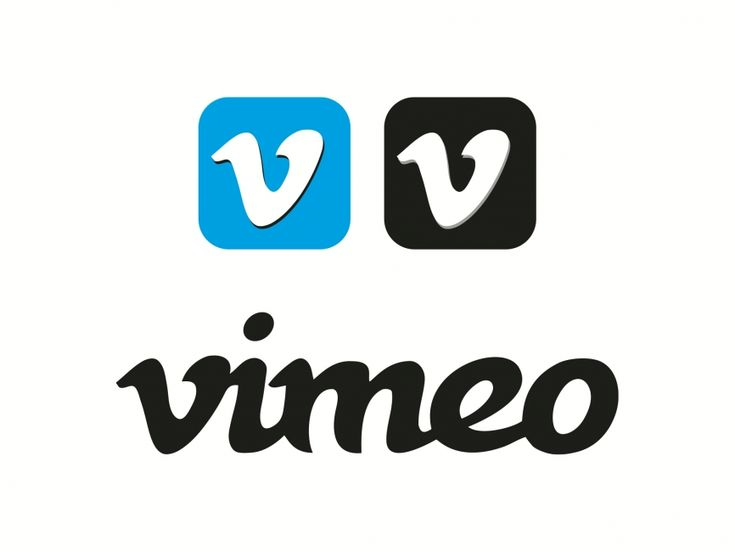Search engine optimization (SEO) has never stood still and in 2025, it’s evolving faster than ever. With the rise of AI-generated content, voice and visual search, and increasingly intelligent search algorithms, marketers and businesses need to rethink their strategies.
In this post, we’ll break down what still matters in SEO, what doesn’t work like it used to, and what’s coming next so you can stay ahead of the curve.
What Still Matters in SEO
1. High-Quality, Helpful Content
High quality helpful content updates have continued into 2025. The focus remains on EEAT (Experience, Expertise, Authoritativeness, Trustworthiness). Whether human- or AI-generated, your content must:
- Address user intent clearly
- Be written by (or reviewed by) subject-matter experts
- Offer real value, not just keyword fluff
2. On-Page SEO
The basics still matter:
- Alt text for images
- Header structure (H1 > H2 > H3)
- Title tags, meta descriptions
- Internal linking
3. Mobile & Page Experience
With nearly 80% of traffic coming from mobile devices, responsive design is essential. Google also prioritizes Core Web Vitals like:
- Loading speed (LCP)
- Interactivity (FID/INP)
- Visual stability (CLS)
4. Backlinks Still Matter But Quality Over Quantity
Backlinks remain a strong ranking signal. But in 2025, SEO evaluation is smarter. It values:
- Relevance over raw authority
- Contextual placement
- Natural acquisition (earned, not bought)
What Doesn’t Matter as Much Anymore
1. Keyword Stuffing
Repeating keywords won’t help Google’s NLP (Natural Language Processing) understands synonyms, context, and user intent. In other words, write for humans, not bots.
2. Exact Match Domains
In 2025, having a domain like bestcheaphoteldeals.com doesn’t give you a ranking edge. Branding, UX, and content quality outweigh keyword-heavy domains.
3. Thin, AI-Generated Content
Yes, AI is everywhere but mass-producing low-effort AI articles will tank your rankings. Google has gotten better at detecting and demoting “low-value” auto-generated content.
4. Over-Optimization
Stuffing schema markup, overusing H1 tags, and cramming internal links is now a red flag. Balance is key.
What’s Coming: The Future of SEO
1. Voice and Visual Search
With voice assistants and tools like Google Lens, users are searching differently. Your SEO should account for:
- Conversational keywords
- Long-tail queries
- Image SEO (descriptive filenames, alt tags, structured image data)
2. Entity-Based SEO
Instead of just keywords, Google now recognizes entities (people, places, brands, topics). Building a strong entity profile includes:
- Consistent online presence (socials, Wikidata, schema)
- Authority in a niche
- Brand signals and mentions across platforms
3. Personalized & Predictive Search
Search engines are leveraging more personal data to tailor results. That means:
- Location, history, device type influence rankings
- SEO strategies should include local SEO, intent mapping, and custom experiences
Conclusion: SEO in 2025 Is About Trust, Relevance & Adaptability
SEO isn’t dead it’s just smarter. In 2025, success means creating meaningful content, building authentic authority, and adapting to how search evolves.
Don’t chase algorithms. Focus on users. That’s the most future-proof SEO strategy of all.




